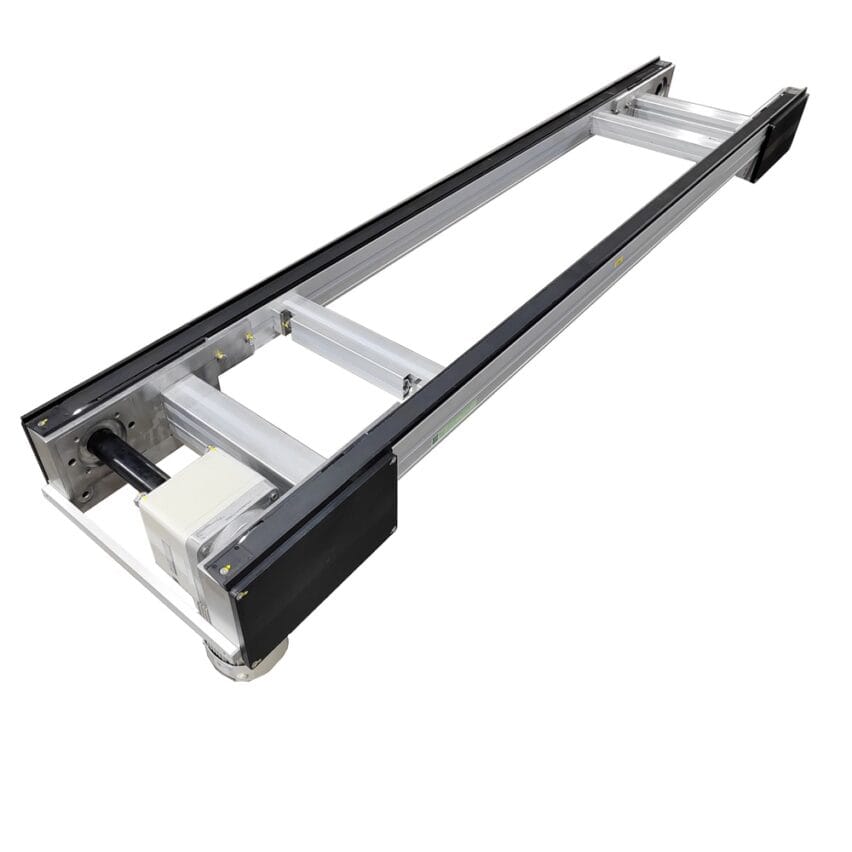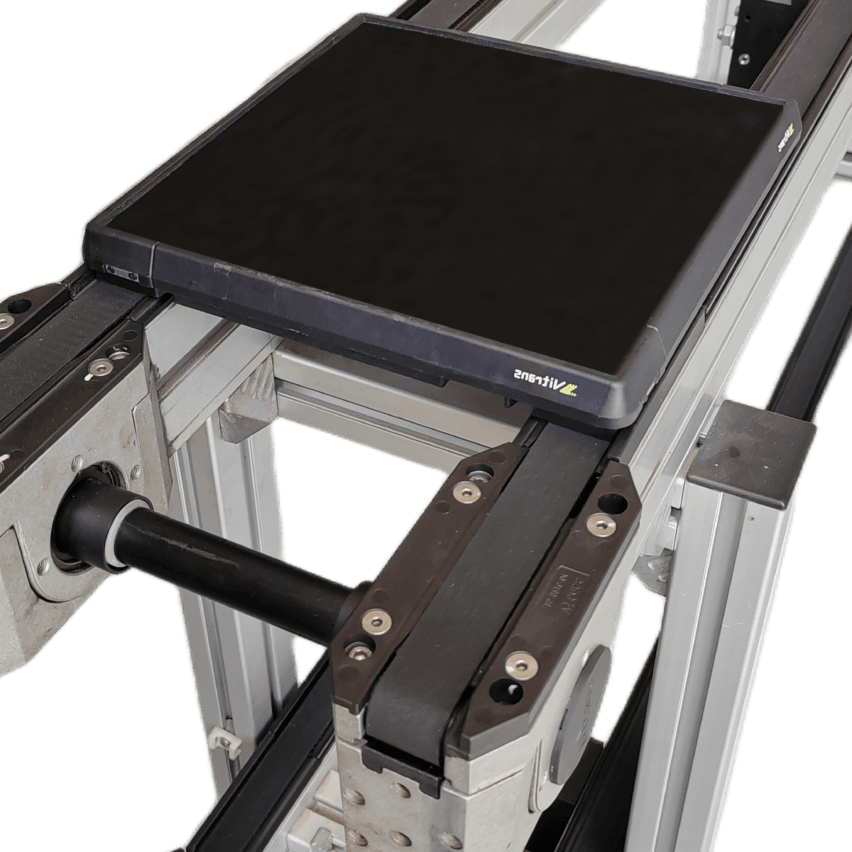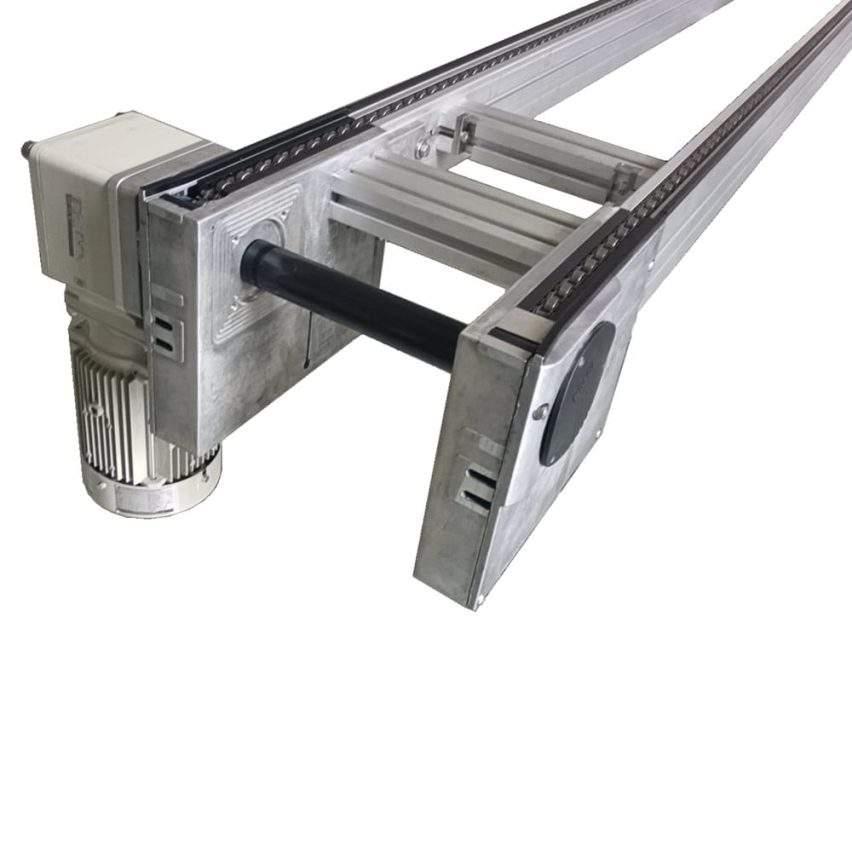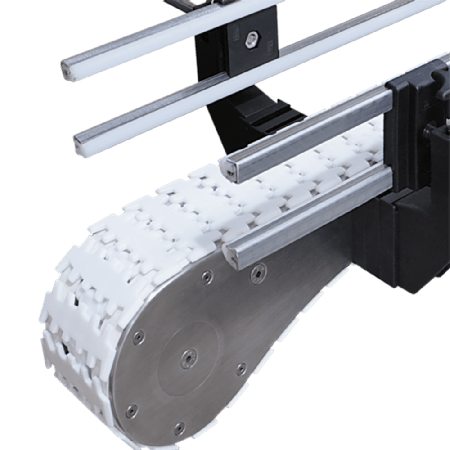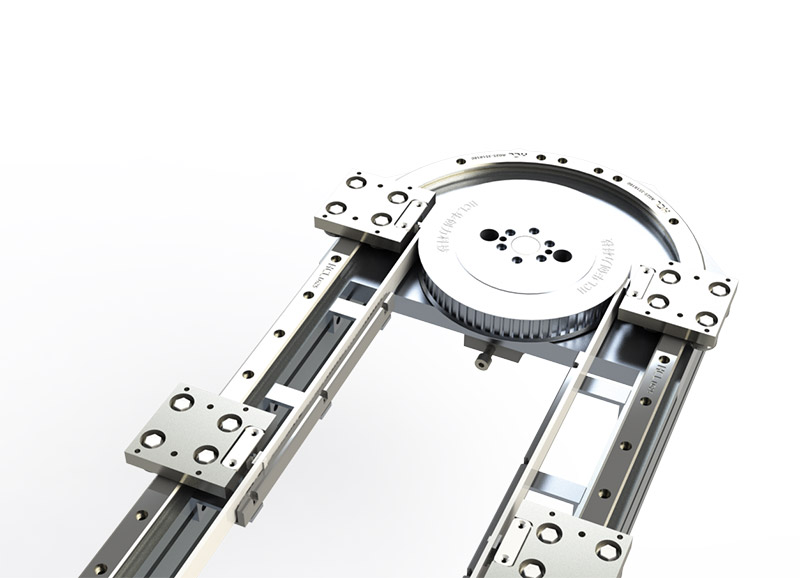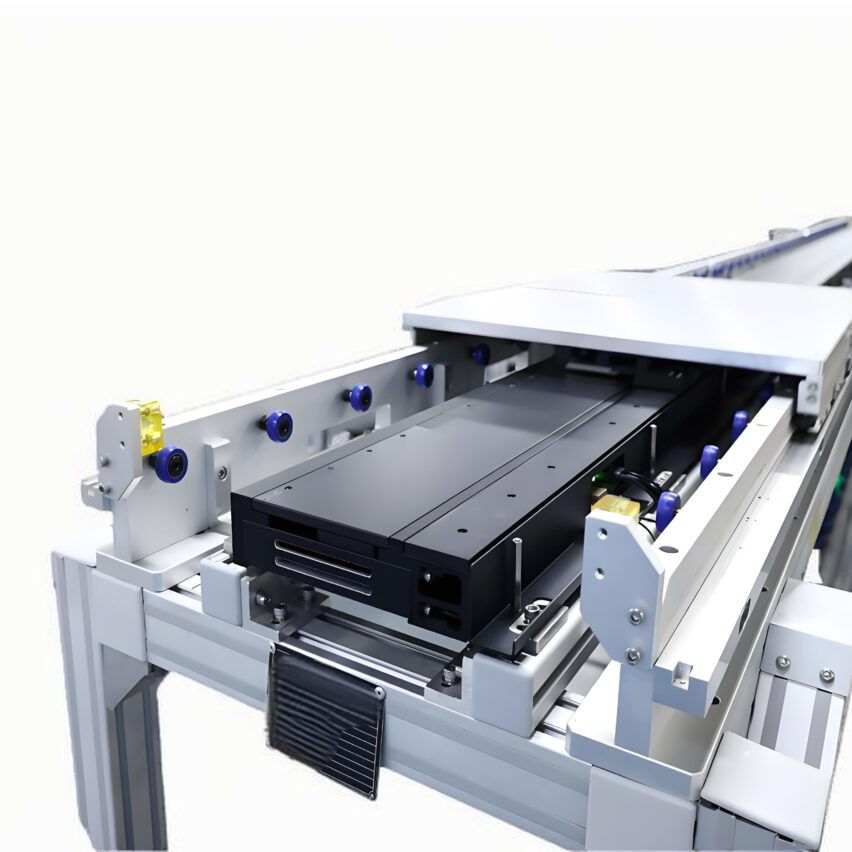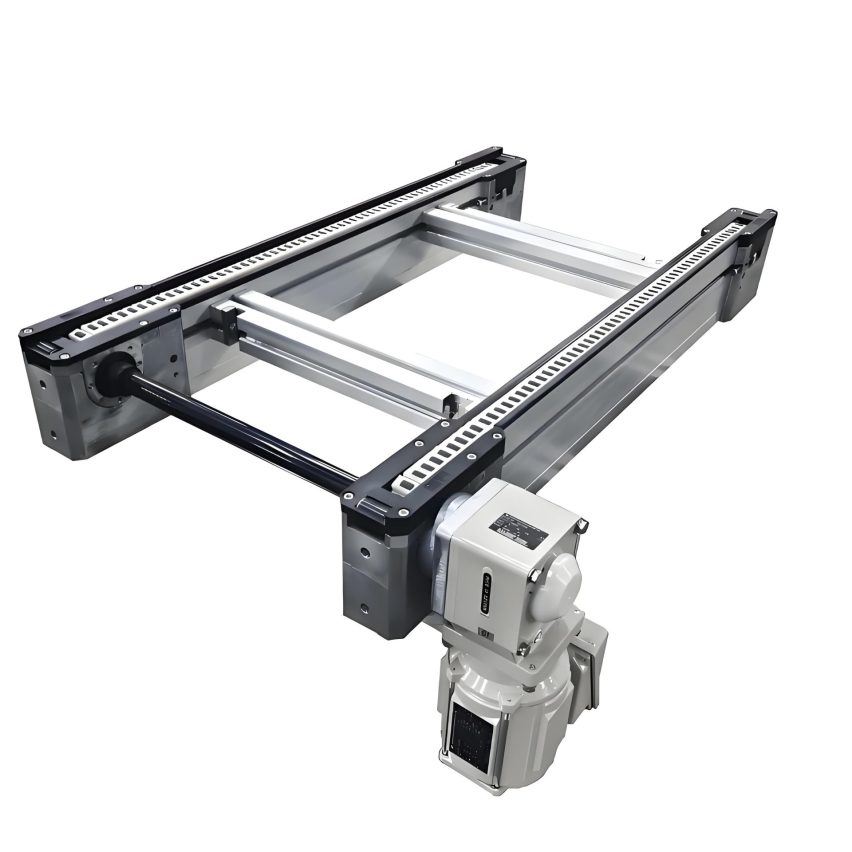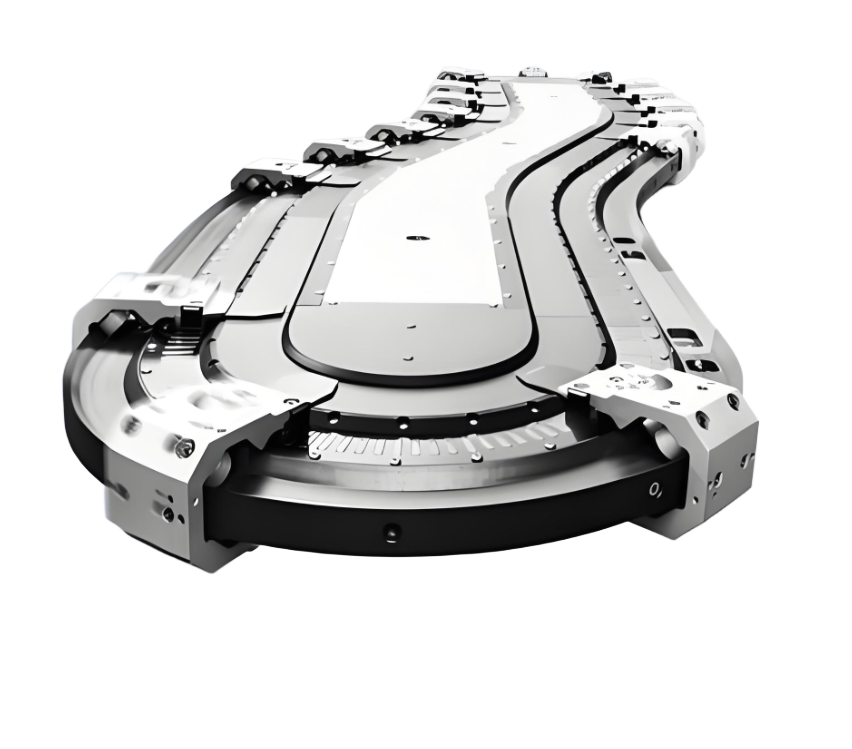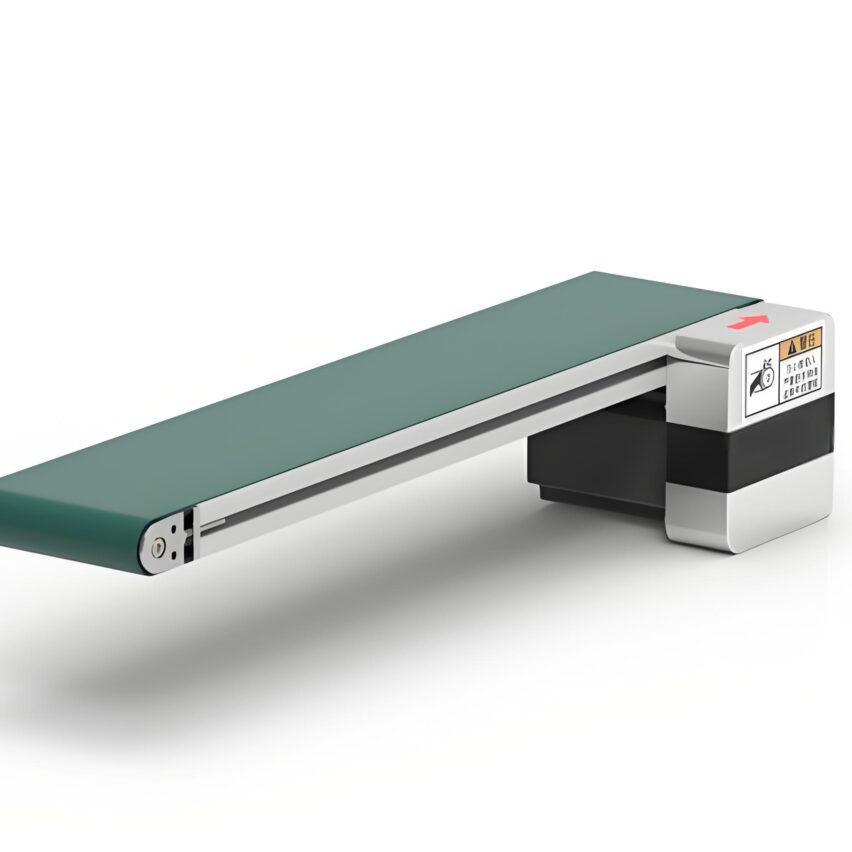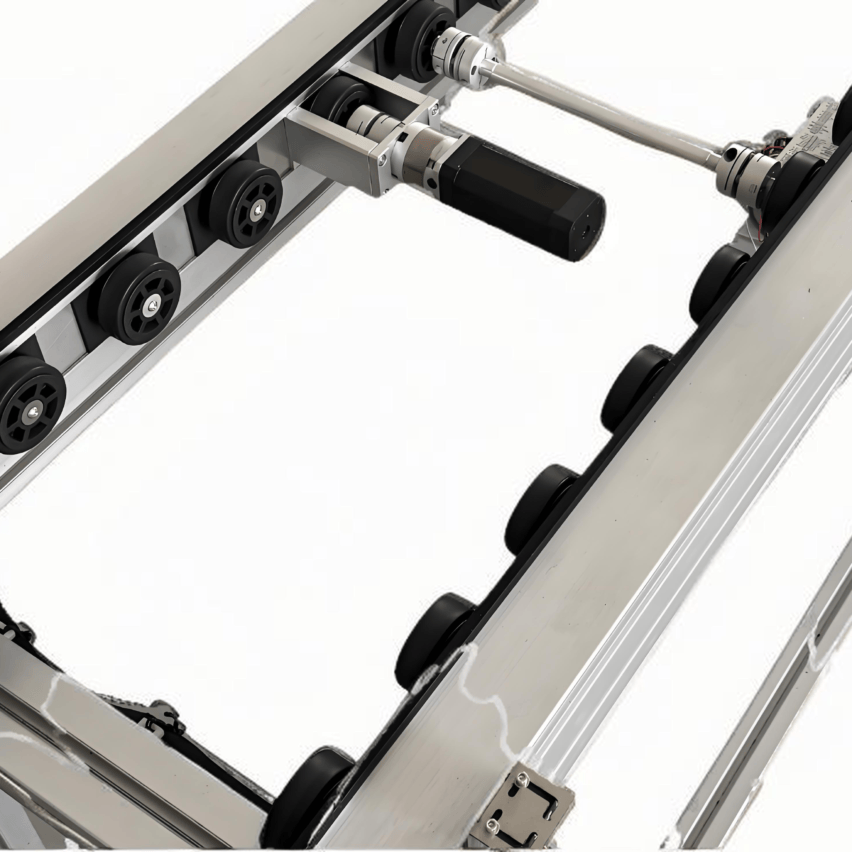I. Basic Issues: The Truth About Package Installation Services and the Nature of Hidden Charges
1. Why does "free installation" become a charge?
The so-called "package installation" is actually a business marketing gimmick, the essence of the "package foundation does not package special, package work does not package materials. For example, air-conditioning installation, drilling, aerial work, brackets, etc. are listed as "additional items", consumers need to pay twice. More insidious is that some businesses will be installed in advance of the cost of the product selling price, the surface of the free actually have to pay the bill.
2. The three worst areas for hidden charges
- material cost monopolyInstallers are forced to use high-priced auxiliary materials (e.g., air-conditioning bracket 150 yuan / vice, heat bellows 80 yuan / root), and consumers are threatened with "no warranty" if they bring their own.
- scenario surcharge: Fees for work-at-height ($100/unit above the 4th floor), special wall drilling ($90/concrete wall), etc. were not communicated in advance.
- itemised chargeFor example, TV installation is divided into a "hanger fee" and a "special wall fee", and a "spacer fee of $200" is added for stacking washing machines.
3. Root causes of the chaos: the game of the tripartite chain of interests
Merchants to compress the cost of installation will be outsourced to a third-party platform, the platform draw as high as 30%-60% (such as 150 yuan installation fee master actually get 90 yuan), forcing the installer to make up for the income through price increases. The industry lacks uniform standards, regulatory gaps so that indiscriminate charging repeated.
II. Scenario Issues: Typical Charging Traps for Different Home Appliances and Response
1. Air conditioning - King of Assassins
- a booby-trap: $150 for the bracket, $150 for the leakage protector, $100-150/m for the copper pipe extension, and easily over $500 after stacking overheads.
- The key to avoiding the pitfalls: Confirm in advance whether brackets and copper pipe lengths are required for outside unit locations, and ask the merchant to list all possible charges in writing.
2. Television/washing machine - small item, big hole
- radio: Free installation is limited to the base, wall mounting is subject to a hanger fee of RMB 200 (only RMB 50 for self-purchase), and an additional RMB 100 for rock slab walls.
- dehumidifiers: Tap charge 100-150RMB (market price 30RMB), stacking bracket 200RMB, you can save 70% fee by bringing your own in advance.
3. Hoods/heaters - profiteering on auxiliary materials
- range hoods: Stainless steel flue pipes charge $400 (costing less than a hundred dollars) and non-return valves add up to a hundred dollars.
- gas water heater: $120 for hot and cold ball valves, exhaust pipe decorative covers and other accessories can cost up to 60% of the price of the machine (e.g., $800 water heater installed and spent $500).
Third, the solution: three layers of defence system to avoid invisible consumption
1. Pre-purchase - locking in contract details
- Request for written breakdown: Indicate in the sales contract the "scope of the installation package", in particular whether overheads and material costs are included.
- Check the list of auxiliary materials: Log on to the brand's official website to check the installation parts list (e.g. Meibo Air Conditioner 2025 clearly publicises the charges for brackets and copper pipes).
2. In installation - four-step approach to on-site rights protection
- Refusal to sign blank documents: The bill of materials provided by the installer needs to state the quantity, unit price, and total price to prevent tampering.
- Verification of necessity: Ask for the basis of charges for "recommended" accessories (e.g. air-conditioner leakage protector).
- tape-recorded evidence: Recorded dialogue when challenging charges, stating "the right to refuse payment of charges that have not been communicated in advance".
- Priority for self-provided materials: Save more than 50% by purchasing national standard auxiliary materials (e.g. combustion bellows, washing machine faucet) online in advance.
3. When you've been screwed over - an efficient path to rights protection
- Complain Now: Ask the merchant for the work order number, contact the platform's customer service (keep the chat log) and ask for a refund of the illegal charges.
- Administrative reporting: Reporting through the 12315 platform or local consumer associations, focusing on citing Article 20 of the Consumer Rights and Interests Protection Law (operators should clearly mark prices).
- collective defence (of rights): To initiate a class action lawsuit against widespread charging (e.g., a brand of air-conditioner that charges a flat "remote fee"), in conjunction with other consumers.
The core logic of trap avoidance.All charges not communicated in writing can be rejected.. According to industry data, Super 80% hidden charges can be avoided by questioning on the spot. When consumers grasp the standard (such as air conditioning fluoride 140-300 yuan / unit), take the initiative to ask for details, you can break the information gap, truly enjoy the "transparent package installation".

